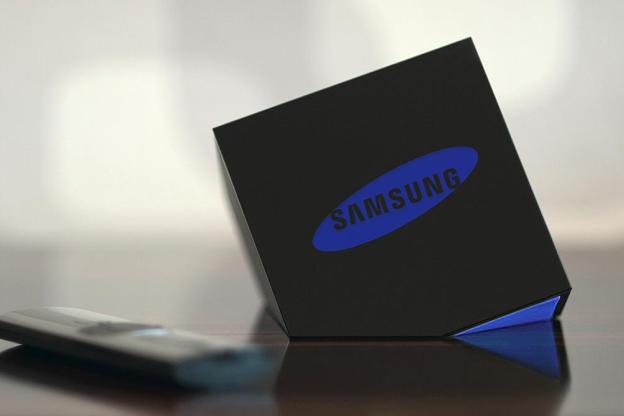
The names of developer conferences tend to be as obtuse as the technical minutiae discussed within their sprawling halls: Apple has WWDC, Google has I/O, Microsoft has BUILD. And on Monday, Samsung gave geeks one more reason to hop on a plane by announcing DevCon, slated to kick off in San Francisco on October 27.
But wait … which geeks? Apple has iOS and OS X, Microsoft has Windows 8 and Windows Phone, Google has Android and Chrome OS. Why should devs bother showing up at Samsung’s code shindig?
If Samsung’s recent acquisition of Boxee is any clue, to get in on the ground floor of the ultimate smart TV platform.
We weren’t quite sure what Samsung had planned for Boxee when it acquired the maker of media-center software three weeks ago, but DevCon could be Samsung’s chance to make that purchase sing. With the desktop and mobile markets already dominated by operating systems from other vendors, the smart TV market still looks like anybody’s race. Boxee gives Samsung the engine to win that race — if it can get developers on board to build the wheels, suspension, and everything else that makes a platform go.
… maybe we can look forward to the best crop of smart TVs yet at CES 2014 – a fruitful future for what is arguably already the best smart TV software out there.
That could change very quickly with the world’s largest technology company now in control. Samsung sells three HDTVs every second. Throw Boxee onto even a fraction of them, not to mention in Blu-ray players and standalone boxes, and developers will start to take notice. Boxee’s backyard garden of apps could soon turn into a Monsanto-scale farm, with combine harvesters chucking bales of cash back to those devs who have sown their seeds early.
Of course, there’s no guarantee that DevCon will turn out to be BoxeeFest. The announcement email calls it a “cross-platform, cross product conference,” and a Samsung representative refused to comment on which platforms specifically would get the spotlight. That likely means we’ll see plenty of attention to Samsung-specific Android tools too, like showing developers how to make the most of the S Pen in its Note products, creating custom themes for its modified Android UI, and using the AllShare network across all its devices.
But Samsung doesn’t own Android, and the company should realize that building a “developer community” around its own little tweaks to Google’s OS is a dead end. It will always be beholden to Google. Might as well try to build a real-estate empire by renting out properties … that you rent from someone else. No, if Samsung wants to elbow in among the ranks of Apple, Microsoft and Google, as a creator of worlds instead of a mere hardware manufacturer, it needs its own OS, not a paint job on somebody else’s.
Boxee is that OS.
Of all the smart TV software I’ve used, Boxee has come closer than anything to getting me to give up my beloved Windows home-theater PC for a set-top box. It’s colorful. It’s fast. It’s polished. And with the support of third-party plugins written by developers, it allows you to play just about anything you can imagine.
We don’t yet know how much of this Samsung will salvage, or whether the existing apps made for Boxee will work with whatever Samsung conjures up. But with 40 seasoned smart TV developers now on staff, along with the code they’ve been cracking on since 2007, the promise is there.
If Samsung sees the same potential (somebody up top decided Boxee was worth $30 million, after all), maybe we can look forward to the best crop of smart TVs yet at CES 2014 – a fruitful future for what is arguably already the best smart TV software out there.
Editors' Recommendations
- Samsung’s 2024 Neo QLED TVs are here, and you can preorder them now from $1,200
- Samsung’s QLED 4K TVs have never been cheaper than they are this Cyber Monday


